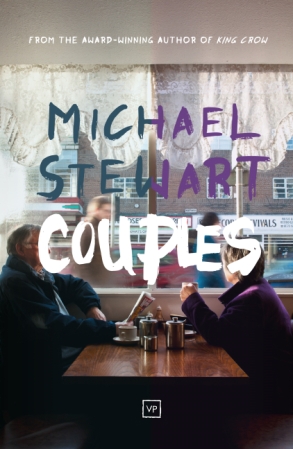A seminar room in a college or university somewhere in the UK. The students, aspiring journalists, have been set the task of writing a piece for the cultural pages. Just to make things more of a challenge, they've been asked to write about something they know all of their readers will hate - poetry.
'Don't forget', the tutor says, raising an admonishing finger, 'you have to start by reminding your audience how dreadful poetry is. Poetry is dull, alienating, intellectual, inaccessible, la-di-da. Or it's effete, over-the-top. Most of it doesn't even rhyme, that is to say, it isn't actually poetry at all.'
The students tap away frantically at their laptops, getting this all down.
'But the secret to writing about it,' the tutor continues, 'is to get all of that out of the way first, which will allow you to then do your big reveal - the reading, event or festival you are writing about is actually...'
He pauses for dramatic effect. Fingers hover over keyboards. Jaws slacken in anticipation.
'QUITE GOOD!'
Now the students look less convinced.
'No, seriously - poetry in the UK at the moment is vibrant, exciting, moving, all of that stuff. In fact, I'm not sure it ever stopped being that way. But we can't say that in print, UNLESS we start by emphasising that, in general, it is pretty awful. You will only ever convince a reader that anything to do with poetry is worth paying attention to by making clear that whatever you are taking about is very much the exception to the rule.'
A murmur goes through the class. They are almost ready to be persuaded.
'Don't believe me? Well, just take a look at just about any article on poetry in the non-specialist press, listen to any mention of poetry in broadcast media. It's common practice and what the punters expect.'
A hand goes up.
'But what about opera, Dr Hackensack? That's just as turgid and elitist as poetry, surely?'
Another hand.
'Yeah, and ballet?'
The tutor smiles the smile he reserves for questions of such naivety.
'Oh no, no. Other minority arts' - he scratches some scare quotes in the air - 'are just not in the same category. I know we're supposed to encourage critical thinking, but this really is one of those eternal laws of journalism. No editor will be able to explain it, but that's just how we do things. I look forward to reading your articles.'
**
Well, that's how it must happen. Otherwise, this journalistic reflex seems hard to explain. Is there no better way journalists can find to talk about poetry than to begin their pieces by apologising for its existence. I've read this sort of thing far too often.
And it infects poets, too. I had to turn off my radio recently when the otherwise excellent Paul Farley began his Radio 4 series The Echo Chamber by reassuring his audience that contemporary poetry really wasn't as scary as they reckoned. This apologetic and negative stance does poetry no good and is actually patronising to the audience, who don't need to be told what they feel about anything. Poetry needs to present itself on its own terms and let the audience make up its own mind - and journalists are not helping that process by prefacing everything they say about poetry with negative stereotypes.
 I have another review of two very interesting pamphlets on the Sabotage website.
I have another review of two very interesting pamphlets on the Sabotage website.
 I have another review of two very interesting pamphlets on the Sabotage website.
I have another review of two very interesting pamphlets on the Sabotage website.
